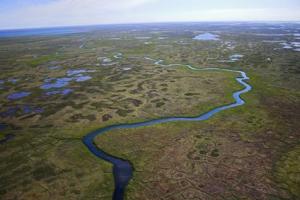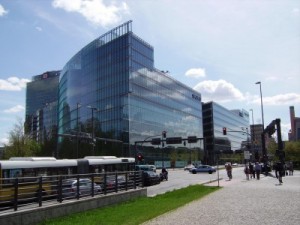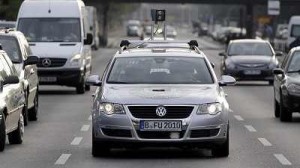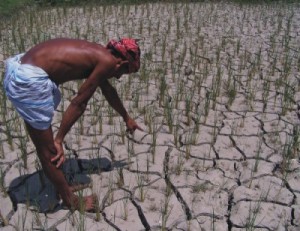 The international Water Management Institute (IWMI) and the Global Water Partnership (GWP) are having an experts’ workshop in Colombo Sri Lanka on the 24th and 25th February to discuss pressing food security and water issues in the face of climate change. The workshop will bring together participants from India, Sri Lanka, Nepal, Bhutan, Bangladesh and Pakistan, as well as others form China, the UK, Sweden and Southeast Asia.
The international Water Management Institute (IWMI) and the Global Water Partnership (GWP) are having an experts’ workshop in Colombo Sri Lanka on the 24th and 25th February to discuss pressing food security and water issues in the face of climate change. The workshop will bring together participants from India, Sri Lanka, Nepal, Bhutan, Bangladesh and Pakistan, as well as others form China, the UK, Sweden and Southeast Asia.
South Asia has been repeatedly hit by droughts, floods and other extreme weather events which affect food security .. The workshop will seek to develop a cooperative strategy for South Asia in a time of increased risk and uncertainty.
South Asia is among the areas expected to be hardest hit by climate change. Severe flooding in 2007 along the Ganges and Brahmaputra rivers affected over 13 million people in Bangladesh; flooding in Pakistan in 2010 severely affected 20 million people. India has likewise suffered numerous events of extreme rainfall, flooding and droughts. In addition the rise of sea level is a real threat to low lying areas in Bangladesh and Sri Lanka. And there are the floods going on today in Sri Lanka.
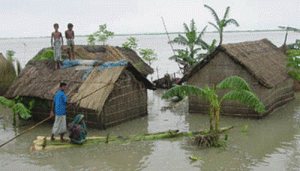 The pressing food and water issues affecting the region will be discussed at a two day workshop in Colombo, Sri Lanka, on February 24-25, 2011, a joint initiative of the Global Water Partnership (GWP) and the International Water Management Institute (IWMI). The workshop “Climate Change, food, and water security: Identifying critical issues and exploring cooperative strategies in an age of increased risk and uncertainty for South Asia” will bring together practitioners, policy-makers, and researchers from South Asia and abroad.
The pressing food and water issues affecting the region will be discussed at a two day workshop in Colombo, Sri Lanka, on February 24-25, 2011, a joint initiative of the Global Water Partnership (GWP) and the International Water Management Institute (IWMI). The workshop “Climate Change, food, and water security: Identifying critical issues and exploring cooperative strategies in an age of increased risk and uncertainty for South Asia” will bring together practitioners, policy-makers, and researchers from South Asia and abroad.
The workshop seeks to initiate an enduring collaboration among South Asian countries to harness existing global and local knowledge and stimulate new knowledge on agricultural water resources management for greater food and water security.
The aims of the workshop are the following:
1. To bring together professionals and experts specializing in regional, cross-sectoral work to identify the current state of knowledge;
2. To distil lessons from existing knowledge to share with policy makers;
3. To identify means of effective dissemination of knowledge, including the outcome of the workshop, to all stakeholders;
4. To plan for the establishment of a long-term virtual platform of professionals that will comprise a South Asian Climate Change, Food and Water Security Platform as part of the GWP-South Asia network; and
5. To support a five year work plan and fund raising strategy that will delineate areas for immediate action and further research.
Source : iwmi.cgiar.org







